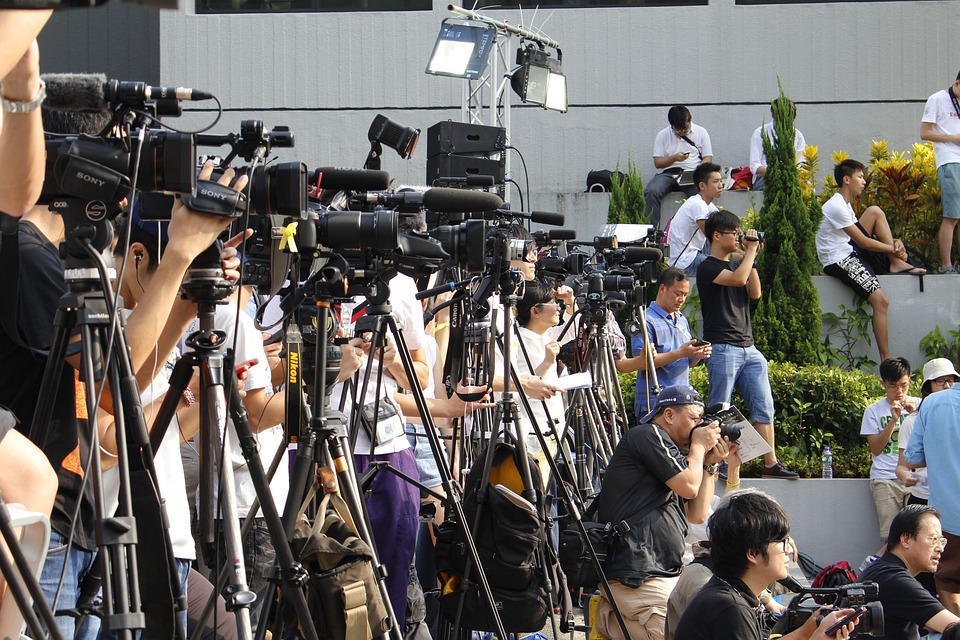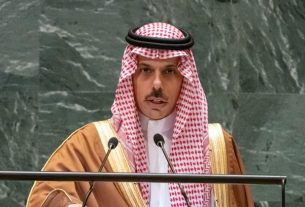In a controversial and disturbing moment during a rally in Pennsylvania, former President Donald Trump made a series of comments that have sparked outrage and condemnation from political leaders, journalists, and civil rights advocates alike.
At the rally, Trump made an offhand remark that appeared to trivialize violence against the press, saying he “wouldn’t mind” if journalists were shot. The comment was quickly met with shock, with many viewing it as a dangerous expression of authoritarian tendencies. “It’s not a joke,” Trump said in response to criticisms, reinforcing his sentiment. His words immediately raised alarms about the growing threats to press freedom and the safety of journalists under his rhetoric.
This incident followed another troubling statement during the same rally, in which Trump suggested he “shouldn’t have left” the White House after losing the 2020 election. The remark was widely interpreted as an acknowledgment of his refusal to accept the election results and continued efforts to undermine the legitimacy of the election—a stance that culminated in the January 6th Capitol riot.
The Backlash: Concerns Over Press Freedom and Democracy
Trump’s comments about journalists have drawn sharp criticism, particularly in light of the rising threats against the press and increasing attacks on journalists in recent years. Freedom of the press is a cornerstone of any democratic society, and many experts argue that undermining the role of journalists can pave the way for authoritarianism and fascism.
- Press Freedom: According to Reporters Without Borders, Trump’s rhetoric has already contributed to a hostile environment for journalists. Attacks on the press and the undermining of legitimate reporting have been key features of authoritarian regimes, and some critics argue that Trump’s remarks are a dangerous step in that direction.
- Physical Threats to Journalists: The rise of harassment, intimidation, and physical threats against reporters, particularly those covering politics and protests, has been a growing concern. The comments made by Trump add to fears about the safety of journalists, especially in an era of heightened polarization.
Trump’s 2020 Election Remarks
In addition to his comments about the press, Trump also made statements that seemed to revive his refusal to accept the results of the 2020 presidential election. By suggesting he “shouldn’t have left” the White House, Trump appeared to hint that he continues to believe the election was “stolen”—a claim that has been widely debunked and rejected by numerous courts, election officials, and the U.S. Department of Justice.
This rhetoric further underscores Trump’s ongoing attempts to challenge the outcome of the election and stir political unrest. His claims about election fraud have already been linked to the January 6 Capitol insurrection, where a mob of his supporters attempted to overturn the election results.
The Broader Impact
Trump’s rally remarks illustrate how political violence, disinformation, and attacks on the press have become central features of modern U.S. politics. The normalization of such rhetoric raises troubling questions about the state of American democracy and the future of free expression. As Trump continues to campaign for re-election in 2024, his words and actions will undoubtedly remain a focal point for discussions on the health of American institutions and the preservation of democratic values.
References:
- Reporters Without Borders on Attacks Against Journalists – A report on the increasing threats and violence against journalists around the world.
- Trump’s Election Denial and January 6 – A detailed overview of Trump’s claims regarding the 2020 election and the events surrounding January 6.
- Fascism and Authoritarianism in the Modern Era – Analysis of how the rhetoric of figures like Trump fits into broader patterns of fascism and authoritarian movements.
Trump’s statements reflect the ongoing tension in American politics, where rhetoric increasingly borders on threats to democracy, free speech, and the safety of those who hold power to account.



